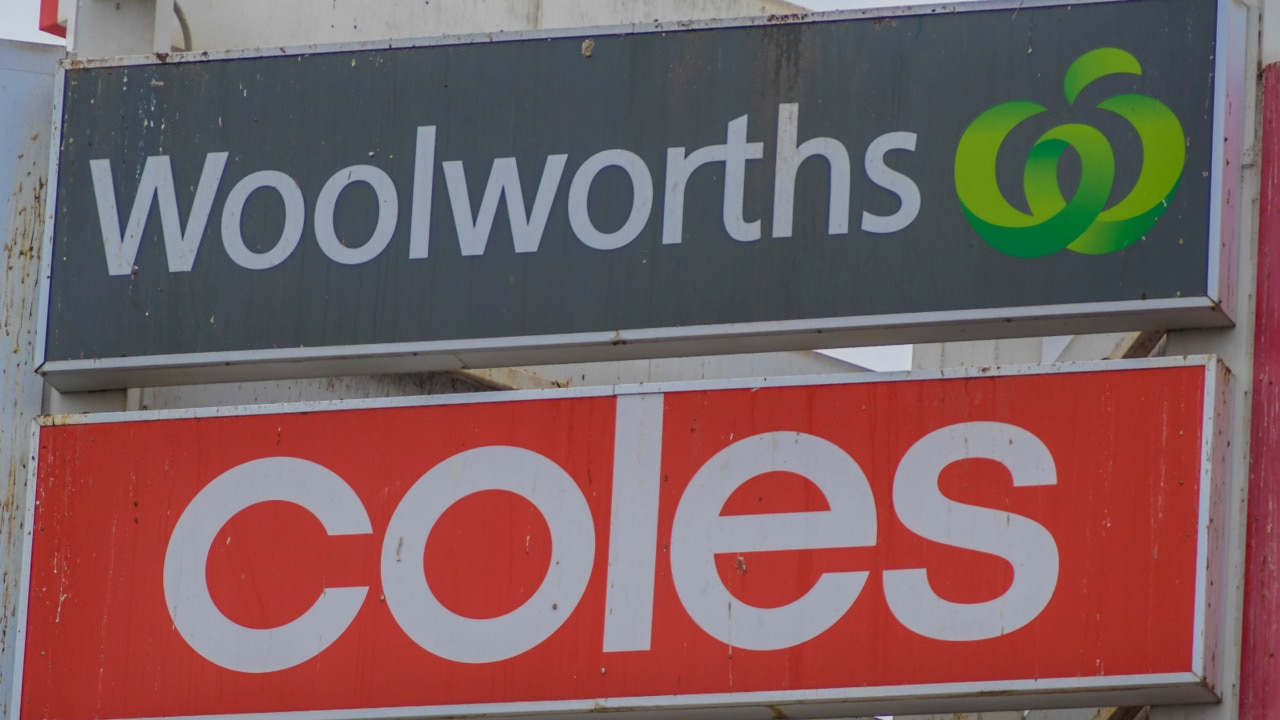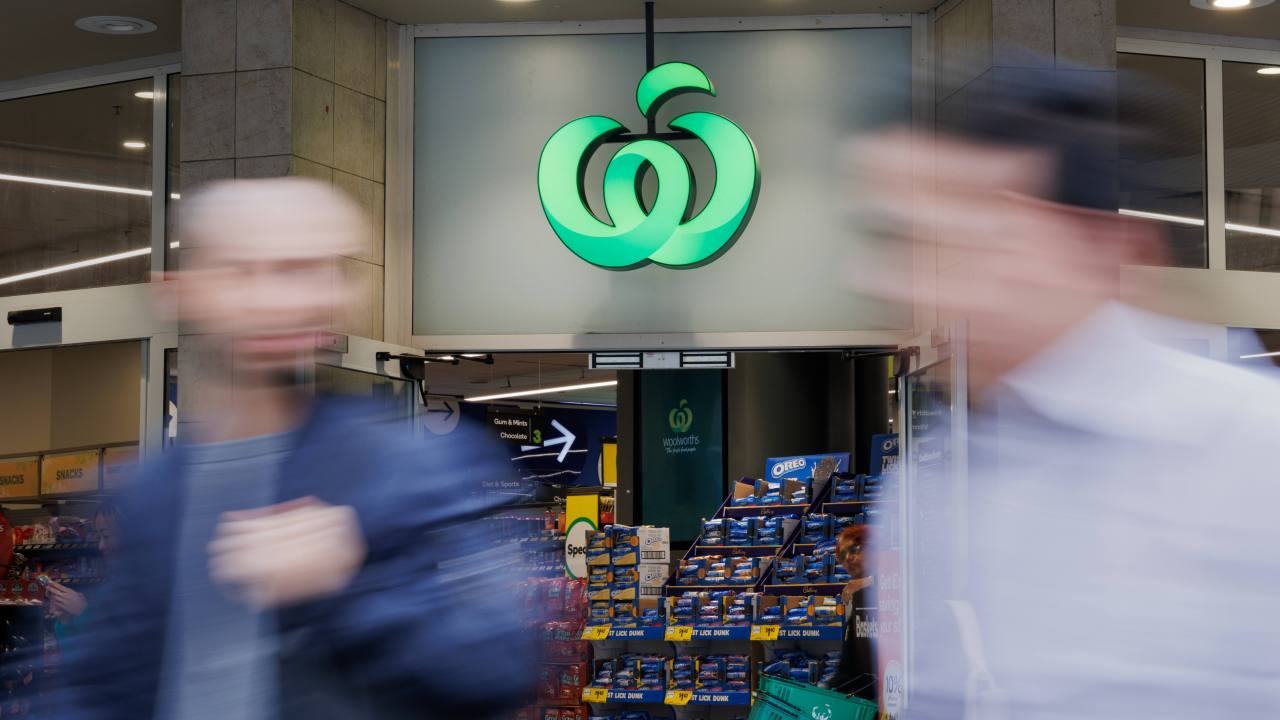A new report has hit out at major companies, including Woolworths, NAB and BHP, claiming they “cashed in” on economic conditions during COVID-19 and Russia’s invasion of Ukraine while average Australians were “pushed to the brink.”
Consumer groups and some politicians have already levelled allegations of price gouging at Australian companies over the past 12 months, with the major supermarkets coming in for particular scrutiny.
Several investigations were launched into the claims, with a Senate inquiry into the supermarket sector calling on the Albanese government to amend consumer and competition laws to prohibit charging excessively high prices and place greater oversight on how companies such as Coles and Woolworths make pricing decisions.
While those recommendations were generally well received, the new report, published by Oxfam Australia, argues the government should go further still, slamming some of Australia’s largest companies for their conduct at a time when households were “pushed to the brink” by soaring cost of living pressures.
“It was a tough start to the decade for most. First came an unprecedented pandemic causing immeasurable suffering; then the Russian invasion of Ukraine, its ripple effects helping to fuel global inflation and sparking a cost-of-living crisis,” the report maintains.
“Even in relatively wealthy countries like Australia, millions of people have been pushed to the brink by rising prices of food, energy and unaffordable housing.
“In stark contrast, it has been a bonanza for some of Australia’s biggest corporations, who have amassed staggering profits –not in spite of, but because they cashed in on volatile global conditions.”
Woolworths, Harvey Norman, NAB, AGL Energy, and BHP were amongst the many household names Oxfam accuses of profiteering behaviour, with analysis by the not-for-profit group suggesting the top 500 Australian corporations made $98 billion in “crisis profits” – net profit over 20 per cent higher than those from a four year baseline comprised of FY2017-18 and FY 2020-21 – between 2021 and 2023.
Mining giant BHP topped the list for companies analysed by Oxfam, raking in $37.6 billion over the period, while Woolworths took in $5.6 billion and NAB $2.7 billion.
According to the report, tax loopholes played a significant role in enabling super profits, with a lack of meaningful competition in some sectors also a factor.
In response, Oxfam called for the government to impose a steep 90 per cent tax on all companies found to have benefitted from “crisis profits”, arguing it would also have a significant impact on addressing other areas of socioeconomic concern.
“Oxfam analysis has found that if the government had taxed the crisis profits of the top 500 Australian corporations at a rate of 90 per cent, the Australian Government would have raised $88 billion over 2021-2023,” the report said.
“This revenue could have contributed to the cost of responding to the twin crises of the early 2020s and alleviating poverty.
“It could have paid for the $47.9 billion in increased costs to the healthcare system from COVID-19, the $20 billion coronavirus supplement to income support (which lifted three million people out of poverty), and the $3 billion in energy bill relief.
“It also could have doubled our aid budget to around $9.8 billion for two years, and still left $7 billion for much-needed investment in social housing.”
The report added that implementing a super profits tax was “not new or radical”, highlighting measures in parts of the United Kingdom and European Union as evidence they could be effective.
Unions and the Greens have long advocated a similar approach, but while the Albanese government has at times flirted with the idea, it has never signalled serious intent to implement such a policy.

For its part, corporate Australia has long fought against suggestions companies engaged in profiteering off the back of the pandemic and rising inflation sparked by global conflict.
Speaking to Sky News Australia’s Business Weekend in March, Harvey Norman founder Gerry Harvey argued price gouging allegations were “mostly political” explaining low business margins meant many had no choice but to raise prices in order to keep operating.
Meanwhile, miners, including BHP and Hancock Prospecting, saw profits rise off the back of soaring commodities prices, while higher interest rates were largely responsible for strong performances from major banks.
However, the banking system has faced legitimate criticism over the speed at which it passes on changes in rates, with experts noting most institutions were much slower to pass on cuts than they were hikes.

